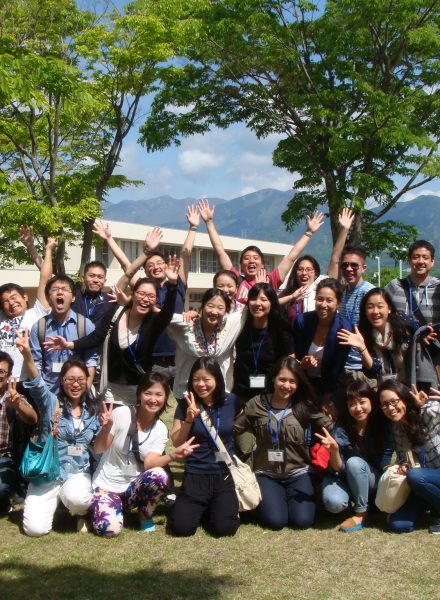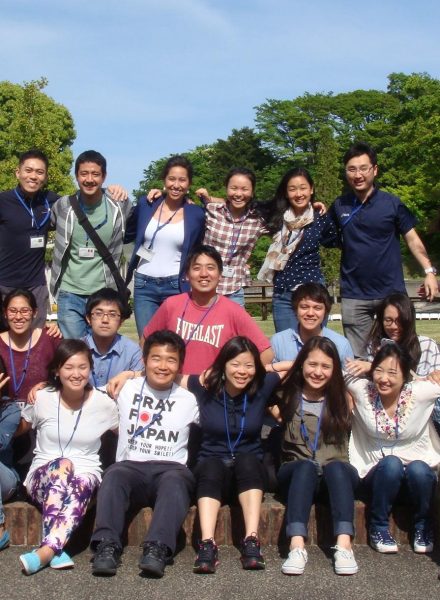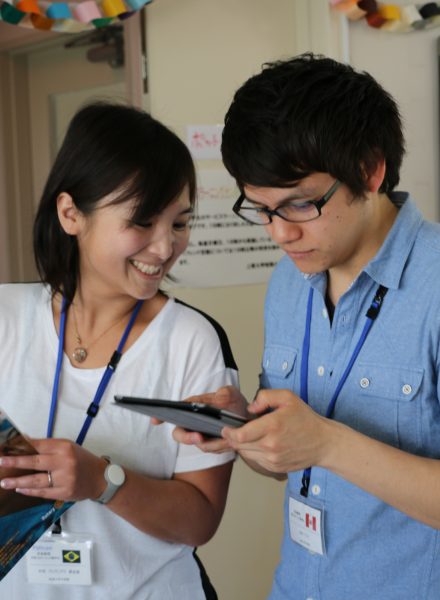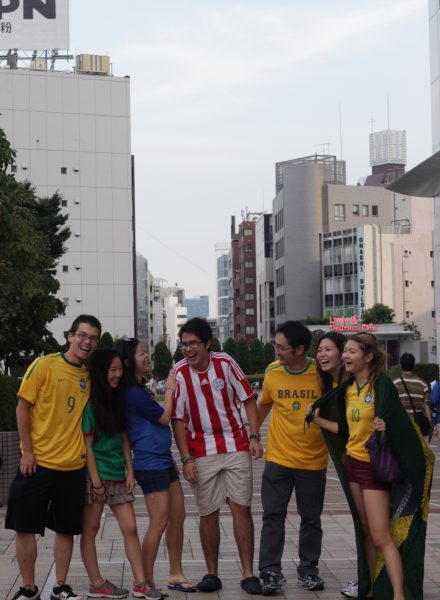Patrícia Yano
Brazil
Lives of the Nikkei scholarship ‘Dream Come True Project’ students~Patrícia Yano
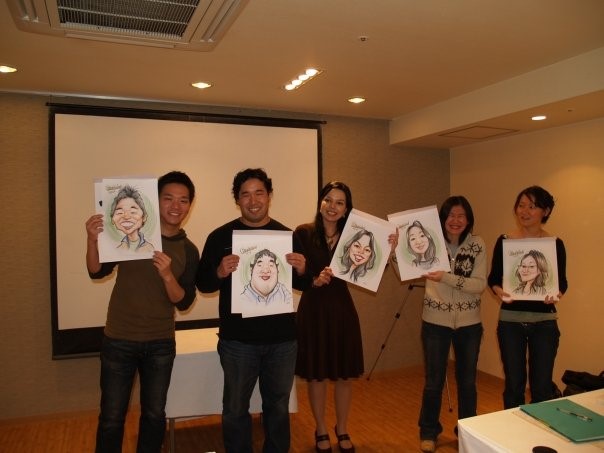
Closing of scholarship at Nippon Foudantion in March 2009 in Okinawa Prefecture, Japan.
Why did you decide to study in Japan?
I’m a Nikkei Nissei. I was dekassegui in Japan (1990-1996) and with the money I saved working in Japan, I returned to Brazil and entered the psychology course in the city of Belém do Pará in northern Brazil.
I decided to study in Japan because I was a Dekassegui (1990-1996) and I have a great interest in studying the emotional health of Brazilians-japanese living in Japan.
In 2003 I returned to Japan as a student. I majored, master’s and doctorate at Nagoya City University. At the PhD, I became 4kisei of Nippon Zaidan.
How was your life in Japan?
My lifestyle and my worldview agree with the dinamics of Japanese society. I had no difficulty in adapting to Japan. I love the food, the culture, and the organization of society. I can say that in Japan I feel in my home, just like in Brazil. I think that adaptation in Japan depends very much on the interest of the person who chooses to live there. Knowing how to speak Japanese certainly was an important factor that helped me in contact with the Japanese and in better cultural understanding. I can say that my perception of the Japanese is that they are a people open to help in the process of adaptation to the country. During the period of study in Japan I had the opportunity to do research in a Brazilian school, which was very important for the development of my research in the doctorate. It was a busy routine.
Tell us about your past study or research.
Brazilian Families in Japan – Transnational Migration Adaptation and Acculturative Stress.
Did your consciousness as a Nikkei change in any way through studying in Japan?
Certainly, living in Japan helped me brought my awareness as a Nikkei. I was able to perceive and carry out research on the subject of immigration and on the emotional repercussions that the immigration causes.
Lived in Japan as a student was the result of the experience of my Japanese grandparents who with great courage and few resources migrated to Brazil. Transpose borders is to divide the heart! In this sense I think that my heart, like that of my grandparents is also divided between Brazil and Japan. It is like reviving something of them. And value everything they’ve gone through.
Tell us about your plan after graduation.
After completing my doctorate in Japan on March 26, 2009, I returned to Brazil the following April 2. In Belém, I received a work proposal for the city of Rio Branco – Acre, to contribute to the recognition of the first psychology course in the State of Acre.
In July 2009 I started working in the city of Rio Branco. My daughter and I live in Rio Branco to this day. I was an academic manager for four years at a college in Rio Branco (FAAO) when I had the opportunity to collaborate in the recognition of the first course in psychology of the State. In June of 2013 I joined the Federal University of Acre where I am currently doing various activities in teaching, research and extension. Currently, my activities include teaching in higher education, my great dream since I was in undergraduate and psychotherapy (supervision and clinical practice). I have worked on topics such as depression, anxiety, traumas and suicidal crisis.
I highlight two publications among the articles and other works that I carried out in the period of my return to Brazil. First, the e-Book that describes a summary of my research during the master’s and doctorate in Japan.
The second is, the physical book Meetings of Lives where you can ally biography and the fundamentals of the Gestalt approach.
I intend to continue building a career with studies, research and teaching and extension activities. I love Psychology and I love being a teacher! Coordinating extension projects aimed at the community enables personal satisfaction with the awareness of my social role.
In this present I will represent the north of Brazil in the Opening of the congress in Gestalt-therapy that will happen in July of 2018 in the city of Curitiba.
In short, I can say that I have had my life completely transformed by the experience of studying in Japan, and I am eternally grateful for the opportunity that Nippon encourages aspects beyond training as a greater bond among scholars, care for students’ well-being, knowledge and experiences about life in Japan and about Japanese
culture, and a rescue of our unforgettable roots as descendants of Japanese. Certainly, my dreams would not have become possible without this support.
Please give a message to students who are considering studying in Japan.
Dedication and firm belief in your purpose! I think that every effort our Japanese immigrant ancestors made can only make sense when we, the offspring, can become better people and professionals.
I believed in a dream that became possibility and then reality. Success on your way. Do it for granted!

